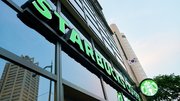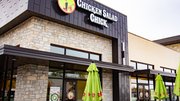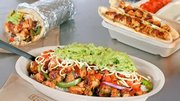News
Noodles & Co sells $31.5M of shares
March 15, 2017
To help strengthen its balance sheet and fund strategic initiatives, Noodles & Company is selling $31.5 million in stock to Mill Road Capital and is no longer pursuing a public offering of its Class A common stock. The company announced last month that it sold 18,500 shares of Series A Convertible Preferred Stock to L Catterton.
Noodles, which has been struggling for the past few years, agreed to issue to Mill Road 8,873,240 shares of Class A common stock at a price per share of $3.55, according to a company press release. The transaction is expected to close in early April 2017.
"We are excited to announce this investment by Mill Road Capital, which has a strong record of investments in consumer brands, including in the restaurant industry, CFO and interim CEO Dave Boennighausen, said in the release. "We are pleased to complete our plans to strengthen our balance sheet, positioning us well to heighten our focus on building the Noodles & Company brand and to make the right strategic investments for the future."
Thomas Lynch, Mill Road’s founder, said the investment demonstrates his confidence in Noodles & Company.
"(It) has a bright future ahead of it and (I) look forward to assisting the Company in this transformative year and beyond," he said.
Boennighausen told investors in February that the chain would close 55 units because its financial performance has been adversely impacted by the under-performing restaurants. They generated AUVs of about $0.7 million and an aggregate restaurant contribution margin of approximately 20 percent during the 12-month period ended Sept. 27, 2016. If such restaurants had not been in operation during the 12-month period ended Sept. 27, 2016, the company's restaurant contribution, as adjusted, would have been $7.3 million higher and the company's restaurant contribution margin, as adjusted, would have been 280 basis points higher.
The proceeds of sales to Mill Road Capital and to L. Catterton will be used to satisfy liabilities arising from the data breach that occurred in 2016 and to fund, in part, capital expenditures related to investments in the remaining company-owned restaurants, Boennighausen said.
 ChatGPT
ChatGPT Grok
Grok Perplexity
Perplexity Claude
Claude












